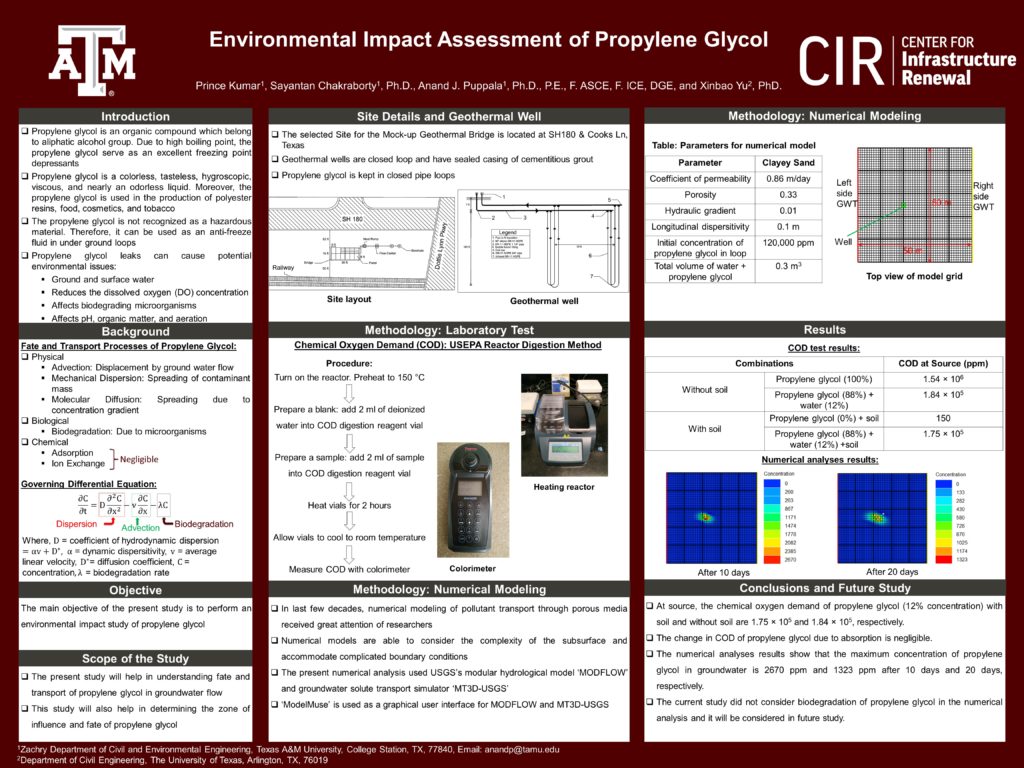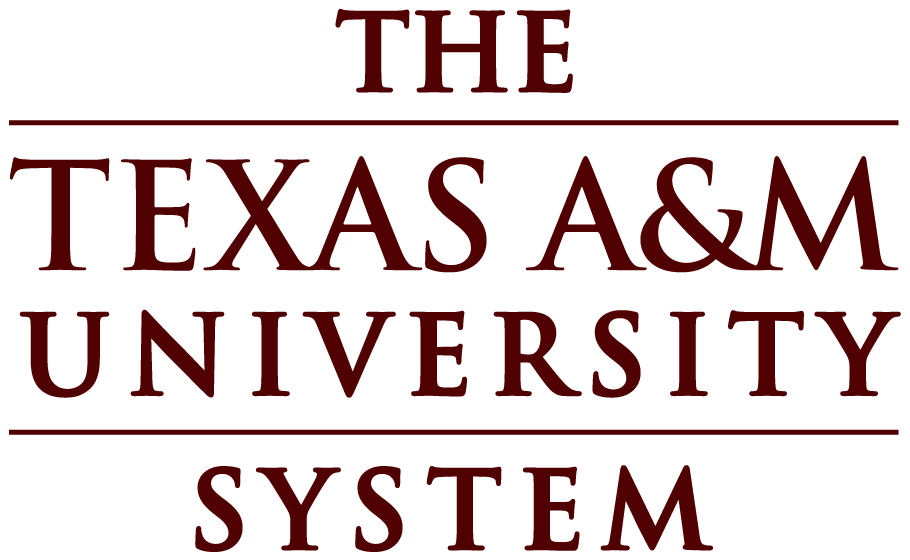Introduction
 Prince Kumar is pursuing Ph.D. in geotechnical engineering specialization under Zachry Department of Civil and Environmental Engineering, Texas A&M University. He is working under Dr. Anand J. Puppala. Prince worked as a Junior Research Fellow (JRF) at National Geotechnical Centrifuge Facility, Indian Institute of Technology (IIT) Bombay, Mumbai, India. Prince holds M.Tech (Master of Technology) and B.Tech (Bachelor of Technology) in Civil Engineering from IIT Bombay and Punjab Technical University Jalandhar, India, respectively. His research interests include resilient modulus of stabilized soil, contaminant flow through porous media, rock/soil slope stability, numerical modeling, and pile foundation.
Prince Kumar is pursuing Ph.D. in geotechnical engineering specialization under Zachry Department of Civil and Environmental Engineering, Texas A&M University. He is working under Dr. Anand J. Puppala. Prince worked as a Junior Research Fellow (JRF) at National Geotechnical Centrifuge Facility, Indian Institute of Technology (IIT) Bombay, Mumbai, India. Prince holds M.Tech (Master of Technology) and B.Tech (Bachelor of Technology) in Civil Engineering from IIT Bombay and Punjab Technical University Jalandhar, India, respectively. His research interests include resilient modulus of stabilized soil, contaminant flow through porous media, rock/soil slope stability, numerical modeling, and pile foundation.
In the present study, propylene glycol is being used as an anti-freeze fluid in geothermal wells. The leakage of propylene glycol can affect ground and surface water, dissolved oxygen concentration, biodegrading microorganisms, pH, organic matter, and aeration. The fate and transport processes of propylene glycol include advection, mechanical dispersion, molecular diffusion, and biodegradation. The chemical oxygen demand of propylene glycol was measured using the USEPA reactor digestion method. Furthermore, numerical modeling of solute transport through porous media was studied using USGS’s modular hydrological model ‘MODFLOW’ and groundwater solute transport simulator ‘MT3D-USGS’. The numerical analyses results show that the maximum concentration of propylene glycol in groundwater is 2670 ppm and 1323 ppm after 10 days and 20 days, respectively.




